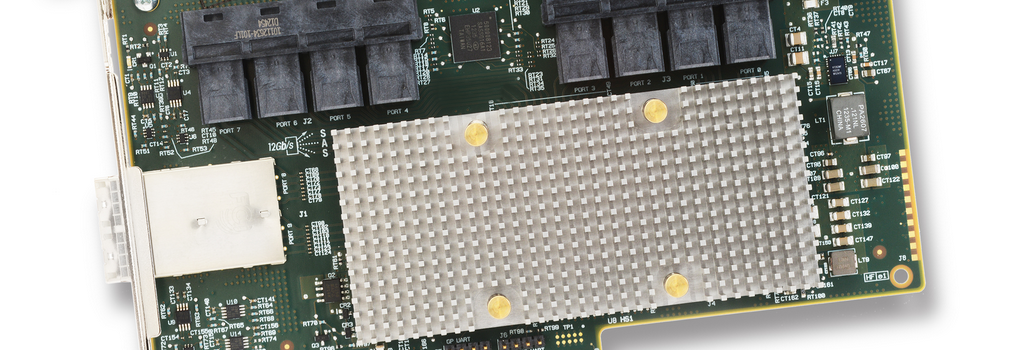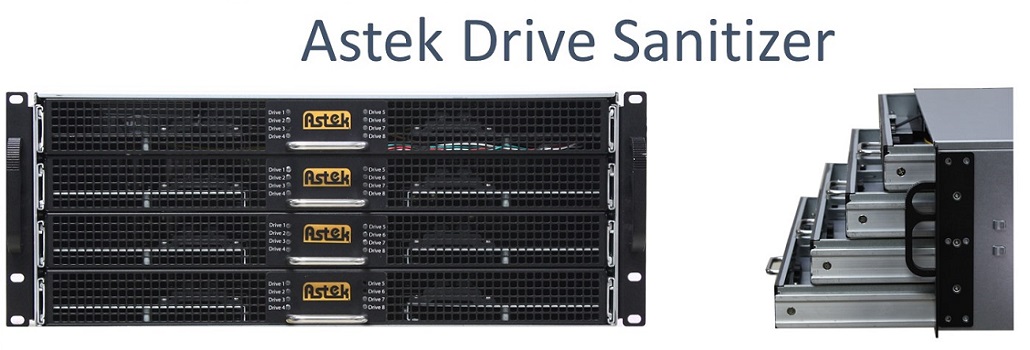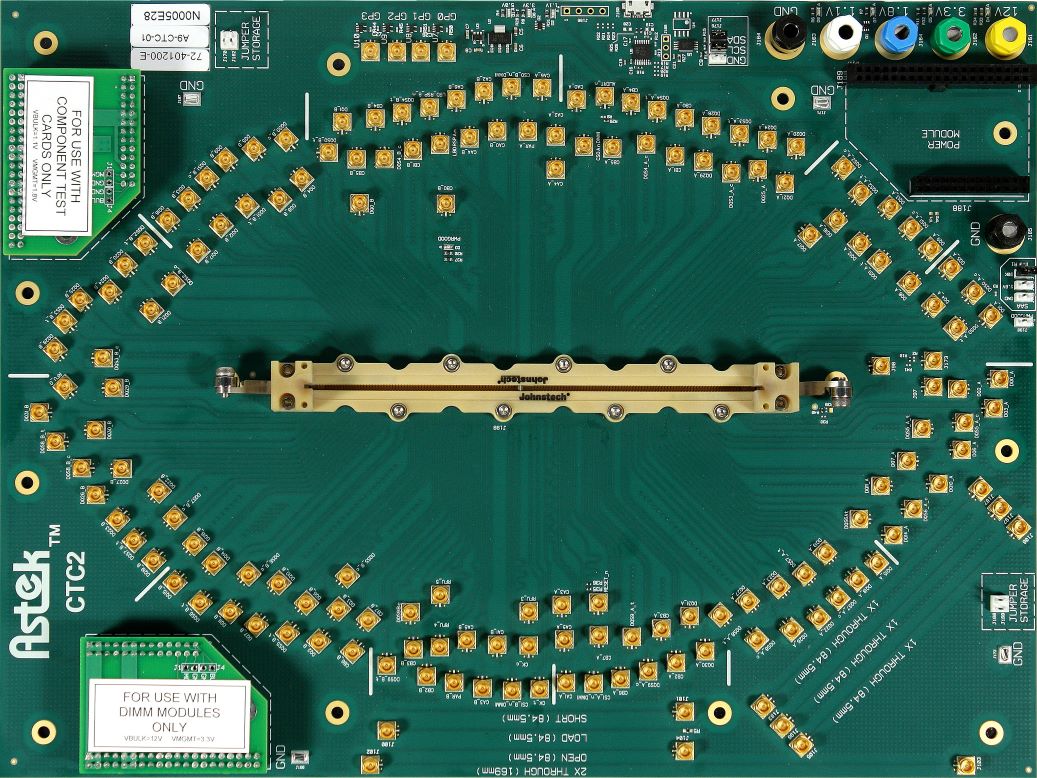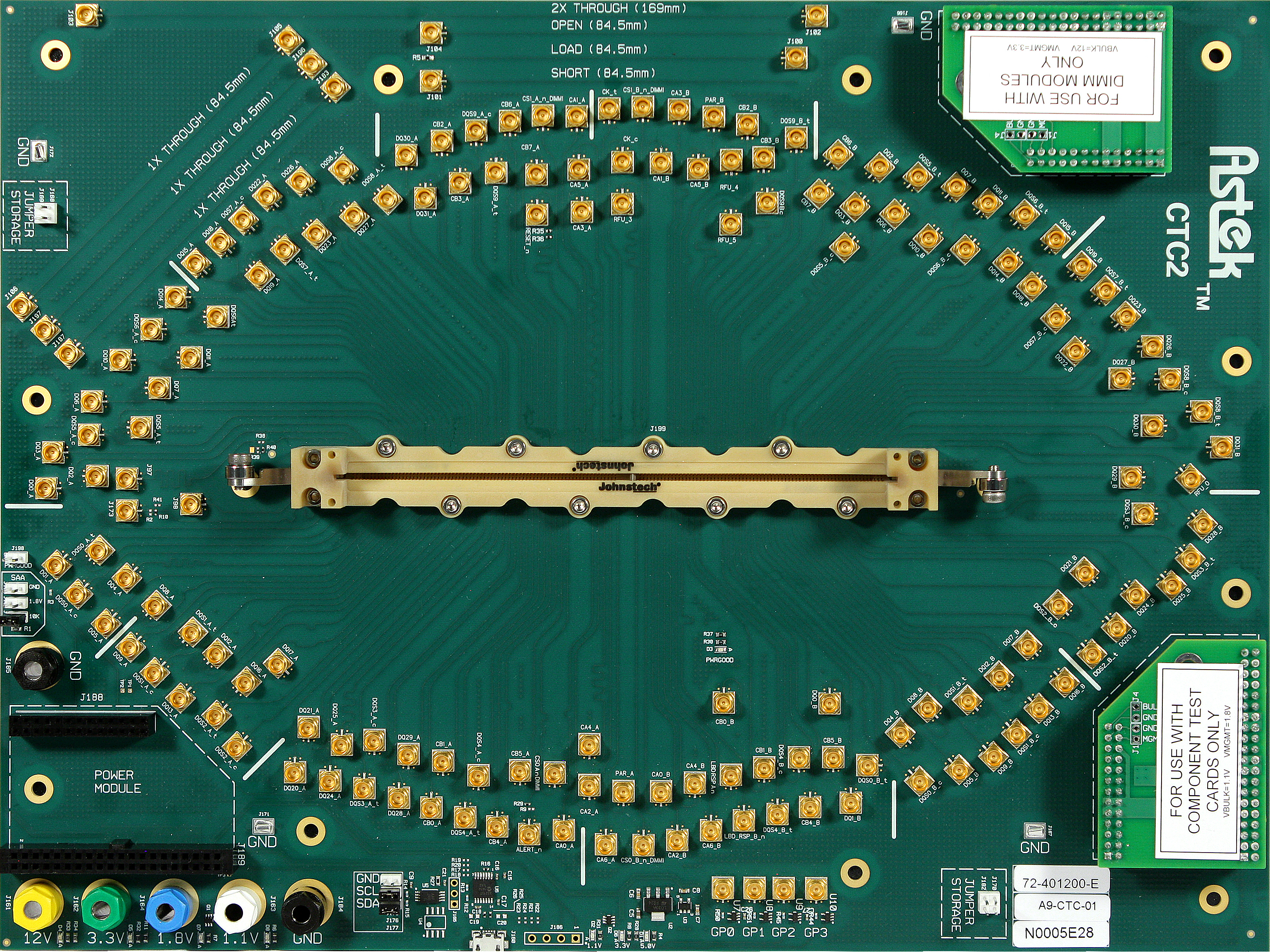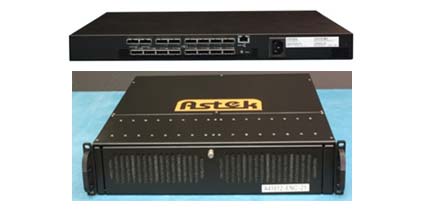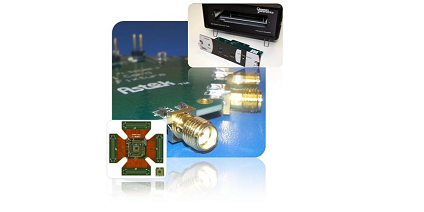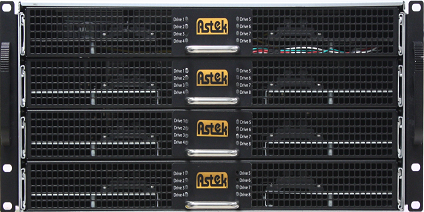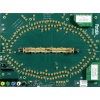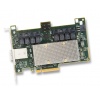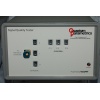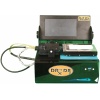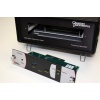egAuthenticate ()
perform an authentication operation using the eGuard device. There are multiple types of authentication operations that can be performed.
Syntax
egDetectDevice (authentication_type, params)
Parameters
authentication_type – determines the type of authentication to be performed. - AuthenticationType
SYMMETRIC - authenticate using a symmetric key.
PKI_DEVICE - authenticate using device private/public key pair.
PKI_CHAIN - authenticate using device private/public key pair and verify chain of trust to root authority.
params – a set of parameters dependent on the type of authentication being performed. - uint8_t *
SYMMETRIC - NULL
PKI_DEVICE - public key of device
PKI_CHAIN - NULL
Returns
ATCA_Status
Example
ATCA_STATUS status;
status = egAuthenticate(SYMMETRICc, NULL);
if (status == ATCA_SUCCESS)
// eGuard properly accessed and authentication was successful.
else
// eGuard could not be accessed or authentication failed.
egDetectDevice ()
verifies an eGuard device can be accessed on the I2C bus.
Syntax
egDetectDevice ()
Parameters
none
Returns
ATCA_Status
Example
ATCA_STATUS status;
status = egDetectDevice ();
if (status == ATCA_SUCCESS)
// eGuard properly accessed.
else
// eGuard could not be accessed.
egDevicePubKey()
Return the public key associated with the device’s private key.
Syntax
egDevicePubKey(pubkey)
Parameters
pubkey –– uint8_t[ATCA_PUB_KEY_SIZE]
Returns
Always returns ATCA_SUCCESS.
Example
ATCA_STATUS status;
uint8_t pubkey[ATCA_PUB_KEY_SIZE];
status = egDevicePubKey (pubkey);
if (status == ATCA_SUCCESS)
// PublicKey is valid.
else
// eGuard device not selected or PublicKey is invalid.
egGenRandom()
Returns a 32-byte random number from the eGuard device.
Syntax
egGenRandom (random_number)
Parameters
random_number – pointer to 32-byte array to hold the random_number data. – uint8_t *
Returns
ATCA_Status
Example
ATCA_STATUS status;
uint8_t random_number[32];
status = egGenRandom (random_number);
if (status == ATCA_SUCCESS)
// eGuard properly accessed and random_number is valid.
else
// eGuard could not be accessed and random_number is invalid.
egGetConfig()
Return the revision and information about hardware.
Syntax
egGetConfig (configuration)
Parameters
FIXME configuration – structure containing revision and hardware information. - CfgStructure
Returns
ATCA_Status
Example
ATCA_STATUS status;
FIXME: CfgStructure config;
status = egGetConfig (config);
if (status == ATCA_SUCCESS)
// eGuard properly accessed and configuration information is valid.
else
// eGuard could not be accessed and configuration information is invalid.
egGetRev()
Return the revision of software.
Syntax
egGetRev (software_revision)
Parameters
software_revision – character 12-byte array holding the software revision – uint8_t[SW_REVISION_SIZE]
Returns
Always returns ATCA_SUCCESS.
Example
char sw_rev[12];
egGetRev(sw_rev);
egSelectDevice()
Select an eGuard device to be used for subsequent operations.
Syntax
egSelectDevice (device_configuration)
Parameters
device_configuration – structure holding the device configuration information. The structure is built into the library and does not need to be initialized prior to use.
The default structure to use is A0-SKT-01.
Returns
ATCA_Status
Example
ATCA_STATUS status;
status = egSelectDevice (&A0-SKT-01);
if (status == ATCA_SUCCESS)
// eGuard device properly selected.
else
// eGuard device not selected.
egSernum()
Reads the serial number from the eGuard device. Each eGuard device has a unique nine (9) byte serial number.
Syntax
egSernum (serial number)
Parameters
sernum – nine (9) byte serial number – uint8_t
ATCA_SERIAL_NUM_SIZE – 9 – define
Returns
ATCA_Status
Example
ATCA_STATUS status;
uint8_t sernum[ATCA_SERIAL_NUM_SIZE];
status = egSernum (sernum);
if (status == ATCA_SUCCESS)
// eGuard device properly accessed and sernum is valid.
else
// eGuard device could not be accessed and sernum is invalid.


